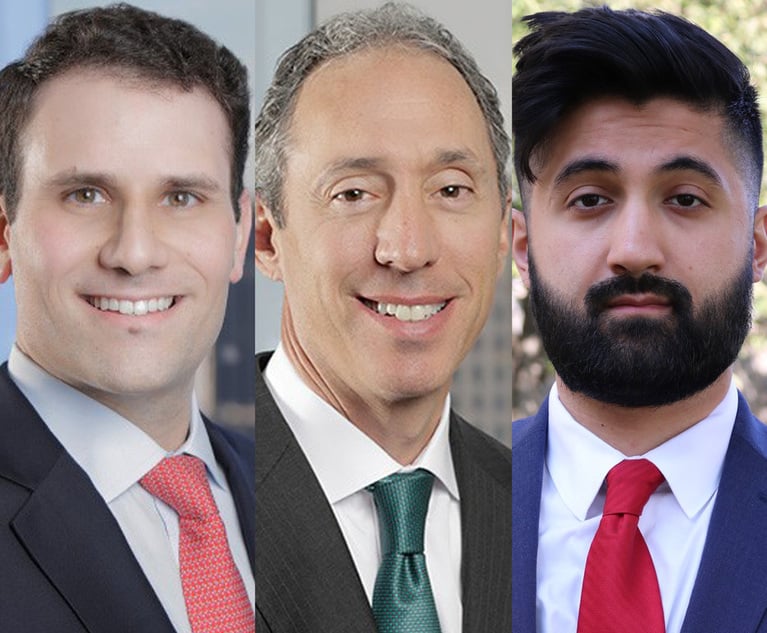For the last six years, litigators have pondered the question: Have jurors changed in the wake of the Trump era? Our nation underwent cataclysmic shifts in values and ideologies after Trump’s election in 2016 and became polarized on key social and political issues in unprecedented ways. As issues of racial, gender and economic inequality rose to the forefront of our national consciousness, many wondered how these would affect the judgments that diverse groups of jurors make about white-collar defendants who are typically (though not always) White, male and wealthy. Do the assumptions about favorable defense jurors often held by white-collar defense lawyers continue to apply? Or, were Trump-era jurors simply different from their predecessors? How does political orientation fit into the picture?
In 2018 we reviewed data from pre-trial research activities conducted from 2013 through 2017, to identify demographic and other predictors of verdict voting. Brickman, E., Jury Selection in White-Collar Cases: Challenges and Strategies, New York Law Journal (March 7, 2018). Clear patterns emerged to indicate that demographics helped to predict verdict voting. Men were less likely to convict than women, and White men were the least conviction-prone of all. College graduates were less likely to convict than non-graduates. Other characteristics associated with higher acquittal rates included investment experience and following news about corporate executives and financial investigations. These results were not surprising: Those who look most like the typical defendant are likely to be the most sympathetic jurors.

 Photo: Shutterstock.com
Photo: Shutterstock.com







